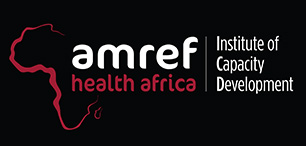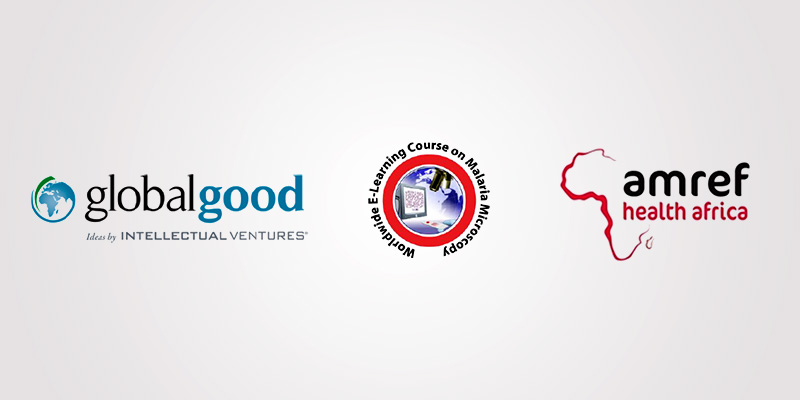Malaria remains a major global public health problem worldwide with 3.2 billion people at risk of infection annually. Malaria is a leading cause of illness and death in many low-income countries. Quality malaria diagnosis and treatment, and effective use of resources, are major pillars in achieving the ultimate goal of malaria elimination. The World Health Organization (WHO) currently recommends confirmation before treatment in all cases of malaria, including children less than 5 years of age. Microscopy-based diagnosis of malaria remains the accepted clinical standard for parasite detection, species identification and quantitation, severe and complicated malaria management, assessment of therapeutic efficacy of anti-malarial drugs, and detection of other blood parasites causing fever.
The Worldwide e-Learning Course on Malaria Microscopy is a self-instructional learning programme for those wishing to strengthen their skills in the laboratory diagnosis of malaria. The course is not intended to replace formal classroom instruction, but provides basic information and practice for learners when classroom instruction is not available, and helps to prepare for classroom-based courses. The course utilises virtual microscopy consistent with WHO standards and was developed by representatives from WHO AFRO, Global Good Fund/Intellectual Ventures Laboratory (GG/IVL), Ministry of Health Kenya, University of Nairobi, USAMRD-K, the Australian Army Malaria Institute, Amref Health Africa in Kenya and Tanzania, a consultant parasitologist (retired CDC), the Universidad Peruana Cayetano Heredia (UPCH) Peru, and the Asian Collaborative Training Network for Malaria (ACTMalaria) in the Philippines.
To promote quality malaria management and elimination strategies through accurate microscopy-based malaria diagnostic services.
The course is open to any person wishing to improve their skills in malaria microscopy. The course is appropriate for participants in both low- and high-income country settings in any part of the world.
Users who are most likely to benefit from the course include the following:
- Trained microscopists wishing to improve their malaria diagnostic skills
- Laboratory staff performing malaria microscopy who would benefit from self-directed refresher training
- Microscopists preparing for future competence assessments in malaria microscopy.
The course can be taken in the following ways:
- Working individually
- Working jointly with a colleague or in a group
- Providing the course as a training tool by national malaria control programmes or other institutions.
The overall aim of the course is to establish core national and regional experts in malaria microscopy to promote the implementation of quality malaria diagnostic services in Africa.
The objectives of the External Competence Assessment of Malaria Microscopists course are to:
- Objectively and formally assess the competence of malaria microscopists.
- Provide refresher training in all aspects of malaria microscopy based on standardised instruction and revision.
This course consists of the following five modules:
- Module 1: Introduction to malaria
- Module 2: Blood specimen processing
- Module 3: Blood film examination
- Module 4: Other laboratory diagnostic methods for malaria
- Module 5: Laboratory quality management systems for malaria.
The full course materials are provided on a USB disc for off- line use. Internet access is required only for registration, and application and submission of results for the Final Assessment.
Costs are based on a tiered system per country economic status.

(*) Total costs do not include shipping of USBs.
Institutions are provided with a broad subscription of up to 100 USBs for a flat fee, depending on the country’s economic status. Each USB can accommodate up to 5 accounts for individually purchased USBs, and up to 2 accounts for institutionally purchased USBs. Accounts on the USBs are accessed through use of individual passwords.
For more details, click here for the course information worksheet.
Want to enrol or know more about this course? Reach out here

